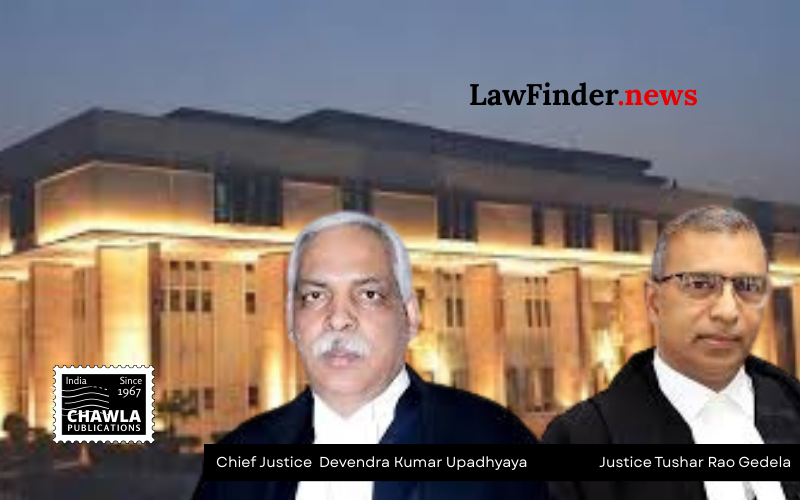Court affirms jurisdiction under Article 226 despite statutory immunities granted to South Asian University
In a significant legal development, the Delhi High Court has asserted its jurisdiction over the South Asian University despite the immunities and privileges granted under the South Asian University Act, 2008. The Division Bench, comprising Chief Justice Devendra Kumar Upadhyaya and Justice Tushar Rao Gedela, delivered the judgment on September 16, 2025, challenging the immunity provisions which were believed to exempt the university from judicial proceedings under Article 226 of the Constitution of India.
The court examined the interplay between Section 14 of the South Asian University Act, 2008, which provides privileges and immunities to the university's president and academic staff, and Article 226 that empowers High Courts to issue writs for enforcement of fundamental rights. The South Asian University had argued that these immunities, supported by the United Nations (Privileges and Immunities) Act, 1947, barred any legal proceedings against it, including those under Article 226.
The judgment delved into whether the immunity provisions extend to employment disputes and whether employees have recourse under Article 226. The court noted that while Section 14 grants immunity regarding property, funds, and assets, it does not preclude judicial review, a basic feature of the Indian Constitution. The bench highlighted that the jurisdiction under Article 226 cannot be restricted even by an Act of Parliament, thus maintaining the court's power to adjudicate matters involving the university.
The decision also touched upon arbitration remedies under Section 26 of the South Asian University Act, 2008. It pointed out concerns over enforceability of arbitral awards due to immunity, suggesting that employees might be left without effective legal recourse if the immunities were upheld.
The court's ruling is poised to impact how statutory immunities are interpreted in relation to judicial review, setting a precedent for future cases involving international institutions operating in India. The judgment has been met with interest from legal scholars and practitioners, prompting the court to seek assistance from senior advocates Shri Dyan Krishnan and Shri Rajshekhar Rao for further deliberations.
The matter is scheduled for hearing on November 18, 2025, as the court aims to address the broader implications of its decision, ensuring that statutory provisions do not infringe upon the fundamental rights and judicial oversight guaranteed by the Constitution.
Bottom Line:
Immunity and privileges granted to South Asian University under Section 14 of the South Asian University Act, 2008, and its interplay with the jurisdiction of Indian courts under Article 226 of the Constitution of India.
Statutory provision(s): South Asian University Act, 2008 Section 14, United Nations (Privileges and Immunities) Act, 1947, Constitution of India Article 226, South Asian University Act, 2008 Section 26
Dr Snehashish Bhattacharya v. South Asian University, (Delhi)(DB) : Law Finder Doc Id # 2782812




